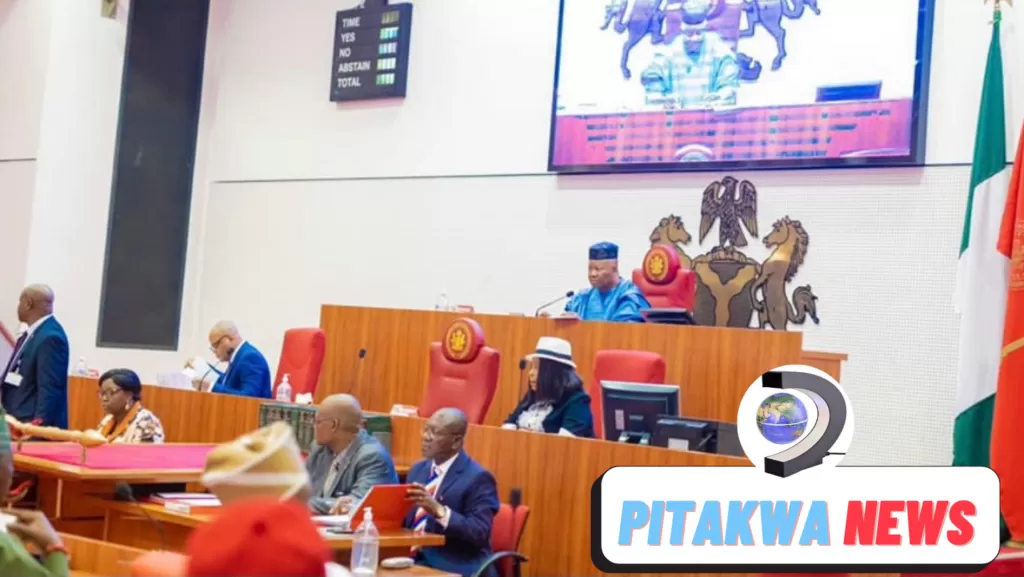Reps Okay Tax Reform Bills, Keep VAT at 7.5%

The Nigerian House of Representatives has taken a significant step towards reforming the country’s tax system. In a recent move, the lawmakers approved the tax reform bills, but with a notable exception – they decided to maintain the Value-Added Tax (VAT) rate at 7.5%.
Background of the Tax Reform Bills
The tax reform bills aim to overhaul Nigeria’s tax system, making it more efficient and business-friendly. The bills were proposed by President Bola Ahmed Tinubu, with the goal of increasing revenue generation and promoting economic growth.
Key Provisions of the Tax Reform Bills
The approved tax reform bills include several key provisions that are designed to benefit businesses and individuals alike. Some of the notable provisions include:
- Exemptions for Small Businesses: Companies with an annual turnover of ₦50 million or less are exempt from income tax. This move is expected to support the growth of small and medium-sized enterprises (SMEs) in Nigeria.
- Reduced Corporate Income Tax: The tax rate for companies will decrease from 30% to 27.5% in 2025 and 25% in subsequent years. This reduction is expected to make Nigeria’s business environment more competitive and attractive to investors.
- Tax Credits for Businesses: Companies will receive tax credits for VAT paid on assets and expenses incurred to produce taxable goods and services. This provision is designed to reduce the tax burden on businesses and promote economic growth.
VAT Rate Remains Unchanged
Despite the initial proposal by President Tinubu to increase the VAT rate to 10% by 2025, and further increments to 12.5% and 15% in subsequent years, the lawmakers decided to maintain the current VAT rate of 7.5%. This decision aligns with the position of the Nigerian Governors’ Forum, which had earlier rejected the proposed VAT increase.
Implications of the Tax Reform Bills
The approval of the tax reform bills is expected to have significant implications for Nigeria’s economy. The reduced corporate income tax rate and exemptions for small businesses are likely to promote economic growth and job creation. However, the decision to maintain the current VAT rate may affect the government’s revenue generation plans.
Conclusion
The Nigerian House of Representatives has taken a crucial step towards reforming the country’s tax system. While the approved tax reform bills are expected to promote economic growth and support businesses, the decision to maintain the current VAT rate may have implications for the government’s revenue generation plans. As the tax reform bills become law, it remains to be seen how they will impact Nigeria’s economy in the long run.






